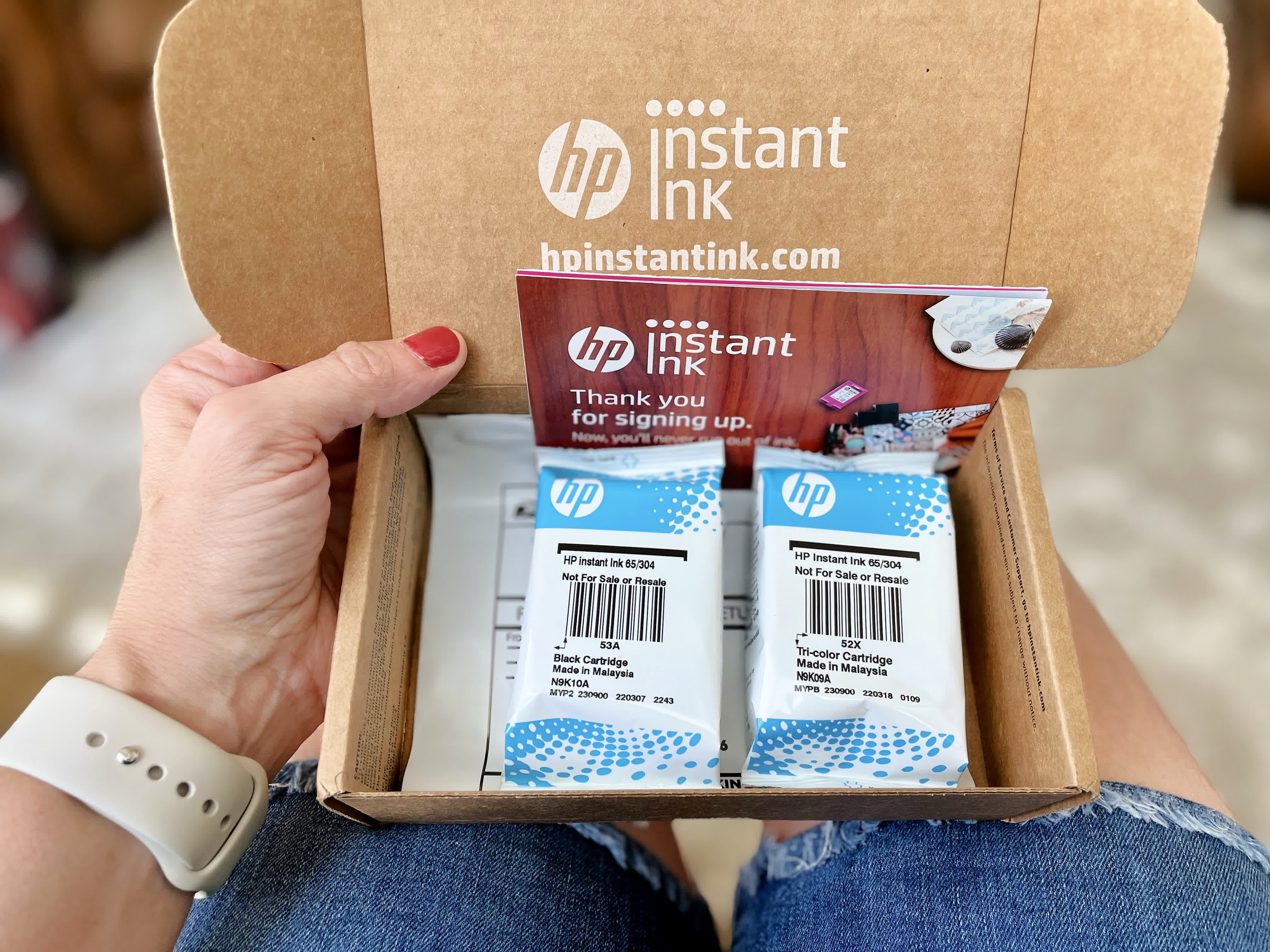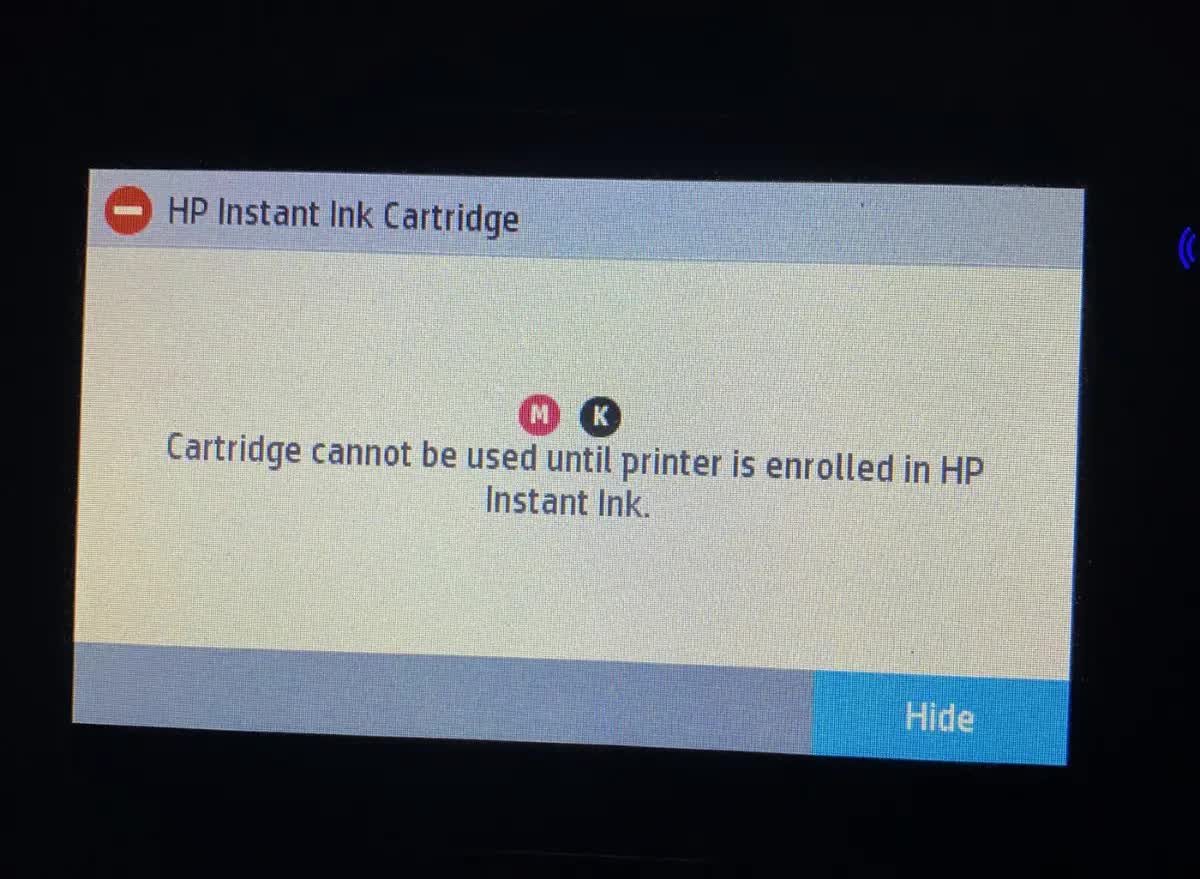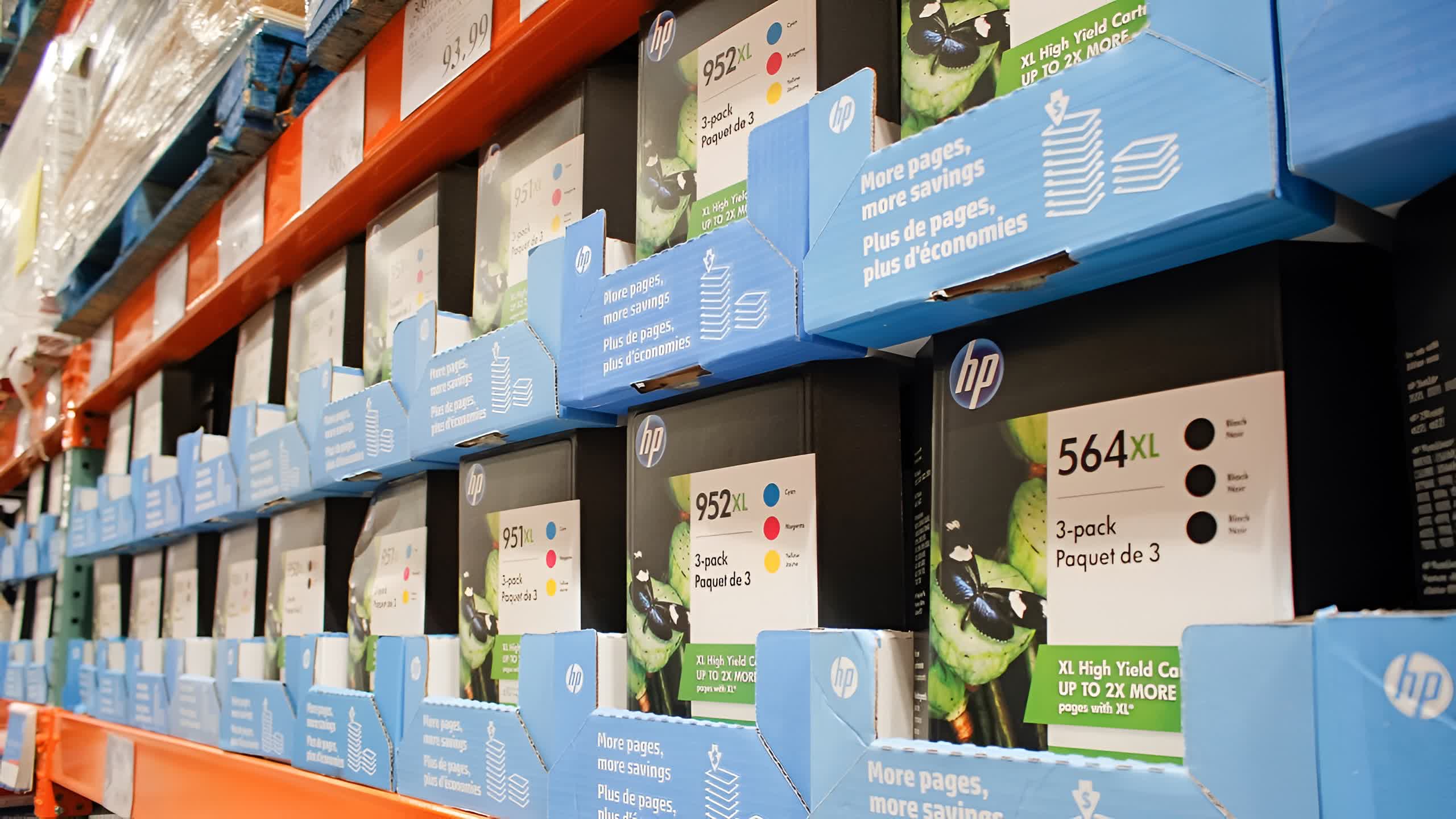Facepalm: An executive from HP, a company that has faced enormous criticism over its ink subscription service that has been called ink cartridge DRM, has boasted about how this model is "locking" in people. That's not a good term for a company that pushed out a firmware updates blocking the use of non-HP ink.
As reported by The Reg, HP chief financial officer Marie Myers was talking to investors at the UBS Global Technology conference about the tech giant's subscription model.
"We absolutely see when you move a customer from that pure transactional model ... whether it's Instant Ink, plus adding on that paper, we sort of see a 20% uplift on the value of that customer because you're locking that person, committing to a longer-term relationship," Myers said.
HP's Instant Ink subscription service sends out ink or toner cartridges to customers as and when they are needed. Plans start at 99 cents and go up to $25.99 per month. That's quite a lot at the higher end, yet the service still managed to boast more than 11 million subscribers as of May last year.

HP doesn't have a great history when it comes to pleasing customers. It increased the price of printer hardware in 2019 and now focuses on Smart Tank and Neverstop printers that come fully loaded with an estimated two years' worth of ink or toner.
Back in May, it was revealed that HP had blocked more customers from using third-party ink cartridges with their printers as part of its dynamic security policy. The policy was introduced in 2016, supposedly as a way of protecting the company's intellectual property and the quality of the customer experience by preventing the use of ink or toner cartridges that do not contain new or reused HP chips or electronic circuitry.

In August, HP faced a class-action lawsuit over claims it was shutting down multifunction printers when the ink was low, even if users weren't trying to print anything.
For all the anger against HP, the controversial policies are working. Its printing division margin has increased from 14.8% in fiscal 2020 to 18.9% in fiscal 2023.
